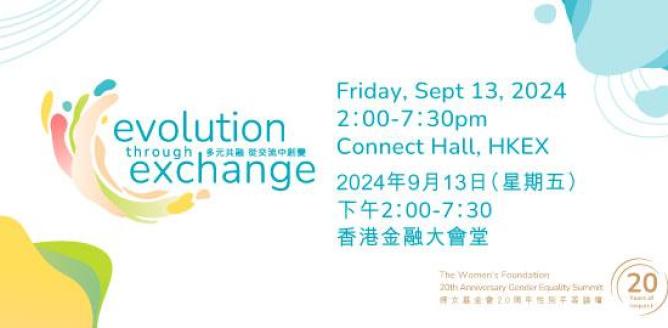As you may know, the Hong Kong Stock Exchange launched a public consultation in July to seek views and comments on proposed changes to the Environmental, Social and Governance Reporting Guide.
The changes aim to strengthen ESG disclosure requirements and encourage HK issuers to formulate policies, measure relevant data, monitor progress and report to investors and other stakeholders on their work in this area, in line with international developments on ESG reporting. If passed, issuers will be required to state in their annual report for financial years starting on or after January 1, 2016 whether they have complied with the comply or explain provisions set out in the ESG Guide for the relevant financial year. The deadline for submissions is this Friday September 18 and we strongly encourage you to participate in the consultation exercise! Click here to submit your response using the HKEx Questionnaire.
From TWF's perspective, we are heartened that issuers are being directed to enhance their disclosure around their Employment and Labour Standards and Supply Chain Management since both of these areas significantly impact women.
In the case of the former, while we are delighted that issuers are being encouraged to conduct a gender analysis on their workforce, employee turnover rate and training opportunities, we would like to see a requirement on issuers to disclose whether they have conducted a gender analysis on compensation levels given the significant gender gap in pay that persists in Hong Kong. Given the importance of recruiting and retaining women in the workforce, we would also urge HKEx to consider upgrading the current requirement to report on gender breakdowns from voluntary reporting to a mandatory requirement.
In terms of supply chain management, we are delighted that companies are being encouraged to disclose their policies for managing the geographical, environmental and social risks of their supply chain but we would also urge the Exchange to consider in future including a requirement to report on policies and practices used to promote economic inclusion when selecting suppliers, in line with the Global Reporting Initiative, the international benchmark for voluntary sustainability reporting. Forms of economic inclusion include suppliers owned by women, suppliers owned or staffed by members of vulnerable, marginalised or under-represented groups, and small and medium sized suppliers. This type of reporting would give a clearer picture of whether and how companies in Hong Kong are embracing supplier diversity. This is important because research shows that supplier diversity offers growth opportunities for minority-owned (including women-owned) businesses and drives sustainable social and economic benefits for targeted communities. Supplier diversity programmes can also help issuers to connect with a major component of their customer base, access new business opportunities, create a more agile supply chain and contribute to the sustainability of the communities in which they operate.





















